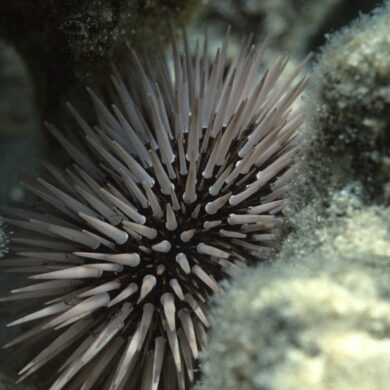Every week our Research Editors highlight a few of the latest headlines in science news and explain why these pieces are interesting and applicable to our classes at UC San Diego. If you find an engaging science article, share it with us on our Facebook page and your highlight may just be featured!
Blood Type Matters for Brain Health | Scientific American
Scientists believe that blood type may affect brain function as people age. A national survey that followed thousands of subjects over the past eight years showed a connection between the rare AB blood type and a decline in cognitive functioning. Blood type has also been linked to several mental health disorders. People with blood type O are more likely to have depression and anxiety, while people with blood type A are more likely to have obsessive-compulsive disorder.
If you are interested in genetics, consider taking Genetics (BICD 100).
— Jasmine Chau | Sr. Research Editor
Drones Spy On Birds in Flight | Scientific American
Scientists have developed drones to observe birds in their natural habitats. They have found that the birds allow the drones to get as close as 13 feet, making these machines valuable tools to ecologists.
If you are interested in ecology, consider taking Introduction to Introductory Ecology — Organisms and Habitat (BIEB 102).
— Jasmine Chau | Sr. Research Editor
New way to use electric fields to deliver cancer treatment | Science Daily
A team of researchers has discovered a new method, known as iontophoresis, to target tumors with cancer-fighting drugs. The technique delivers high concentrations of chemotherapy to certain areas, reducing the risk of damaging other healthy tissue.
If you are interested in cancer, consider taking Biology of Cancer (BIMM 134).
— Neil Srinivas | Jr. Research Editor
HIV and syphilis biomarkers: Smartphone, finger prick, 15 minute diagnosis | Science Daily
Medical researchers have developed a low-cost smartphone accessory that can detect infectious disease markers from a finger prick of blood in just 15 minutes. The device is able to replicate all mechanical, optical and electronic functions of a lab-based blood test.
If you’re interested in this, consider taking Introduction to Bioengineering Design (BENG 100).
— Neil Srinivas | Jr. Research Editor
